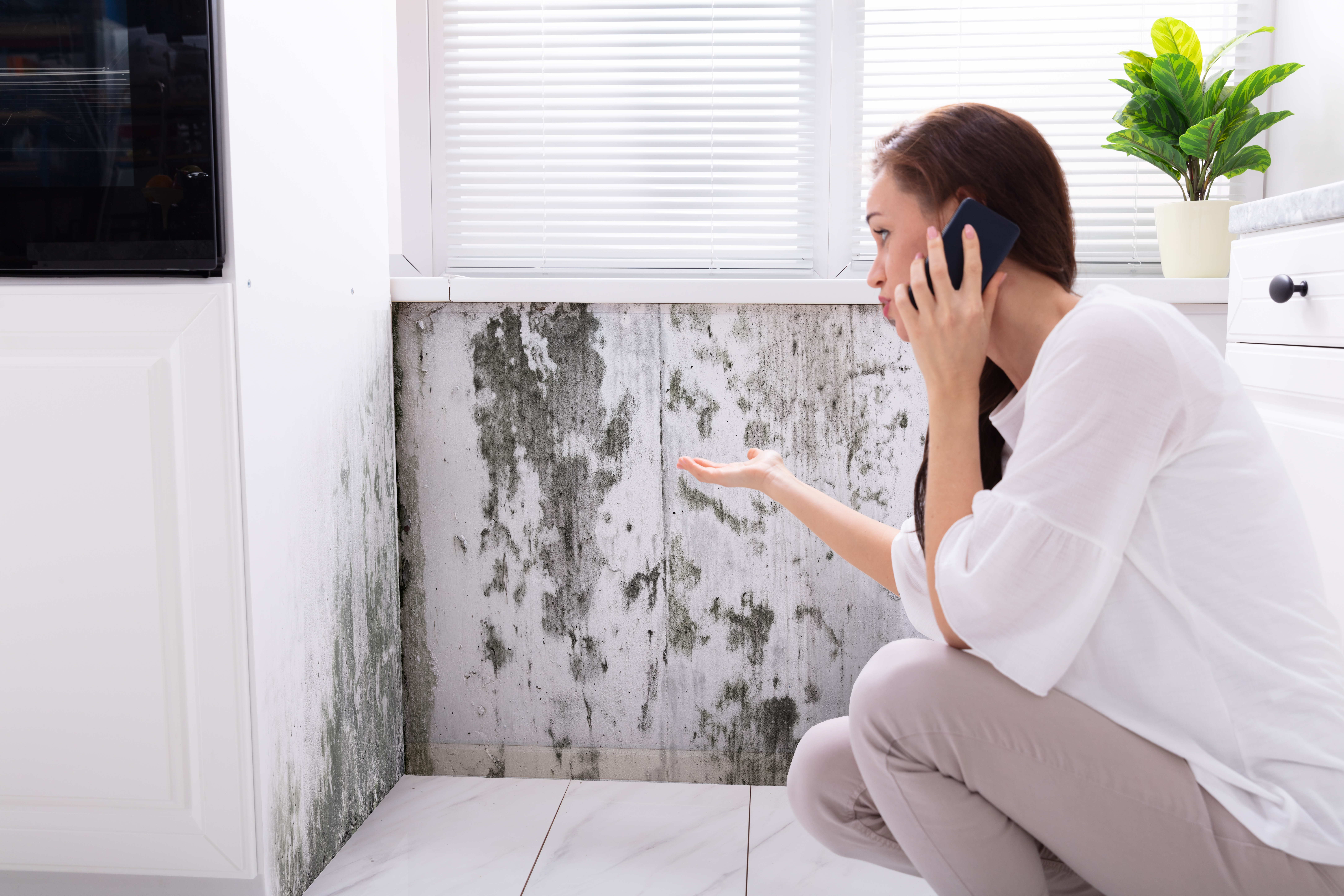
Come time to sign your lease and move into your new home, apartment, or other rental property, it goes without saying that you only hope for the best.
So, what happens when you move in and the conditions are, well, less than ideal?
If you find lingering mold and mildew within the hidden crevices of your new unit, it’s important to understand that you have options at your disposal. Specifically, you might want to consider the following:
Option One: Rent Withholding
One of Florida’s rental statutes — also referred to as the state’s “implied warranty of habitability” — legally guarantees that tenants will be provided with a rental unit that is both livable and devoid of hazardous conditions.
Thus, the presence of mold as a result of the property owner’s negligence may qualify as a breach of such a guarantee, providing tenants with the opportunity to take action.
Subsequently, “you may be able to withhold rent if your landlord fails to do what the law or rental agreement requires,” the Florida Department of Agriculture and Consumer Services (FDACS) explains.
In short, rent may legally be withheld until the landlord completes the repairs or mold remediation.
That being said, Florida Statute 83.201 requires the tenant(s) to provide the owner with a written notice that repairs are necessary in order to restore it to habitability. If the owner has not moved to begin the necessary repair(s) or remediation within 20 days, the tenant is then legally permitted to withhold their rent.
Options Two: Repair and Deduct
“There is no statute regarding whether or not a tenant may repair the damage themselves and return the premises to a habitable standard,” according to the National Landlord Association. “Tenants are advised to discuss the situation with their landlord before making repairs themselves”
Thus, if a tenant chooses to perform the repairs themselves, they may legally do so and then deduct the overall cost of said repairs from their rent.
Aside from mold remediation itself, this may also include various mold-causing types of damage, like:
- Leaking pipes and plumbing
- Water damage
- Failing HVAC systems
- And more
Taking Matters Into Your Own Hands
Should you choose to take the matter of mold into your own hands, as opposed to asking your landlord to pursue it independently, you’ll want to ensure you’re receiving the aid of your locally-owned and operated indoor environmental experts.
In short, you’ll want to contact Luce Air Quality!
Not only can we perform comprehensive water damage assessments in addition to mold investigations, but we also provide our customers with a 24-hour turnaround time on results, thereby guaranteeing that they can take timely and efficient action for their rental property.
So, if you’re ready to schedule your assessment, or if you have further questions regarding mold and moisture in your space, contact Luce Air Quality today by calling (904) 803-1014!


